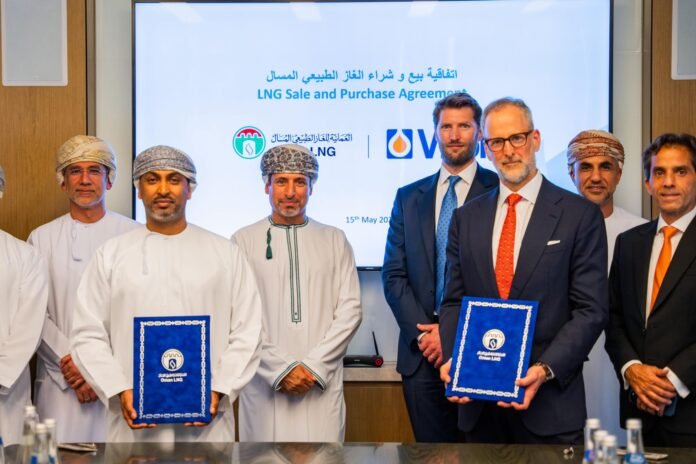The Sultanate of Oman has officially extended the Block 53 concession agreement with Occidental (Oxy) and its joint venture partners, reinforcing long-term energy collaboration.
The new agreement ensures continued development of Block 53, one of Oman’s most significant oil-producing assets.
It includes enhanced terms to drive further investment, improve recovery rates, and expand production capacity.
The Oman Block 53 extension signals continued confidence in Oman’s upstream potential and energy sector stability.
The block is home to the Marmul oil field, a key contributor to national production output.
Oxy, a long-time stakeholder in Oman’s energy sector, will remain the operator under the revised terms.
Its local and international partners will continue contributing capital and expertise to the block’s operations.
The Ministry of Energy and Minerals confirmed that the new terms focus on technological advancement and reservoir optimization.
They also prioritize environmental performance and in-country value creation.
Oman’s government emphasized that the Oman Block 53 extension supports national goals under Vision 2040.
This includes maximizing hydrocarbon value, increasing operational efficiency, and expanding economic diversification.
The agreement also features updated fiscal terms to reflect current market conditions and future production targets.
Partners committed to deploying next-generation techniques, including enhanced oil recovery (EOR) and digital field management.
Officials from both Oman and Oxy attended the signing ceremony in Muscat earlier this week.
Executives praised the deal as a milestone in long-term public-private energy cooperation.
The Oman Block 53 extension highlights the country’s strategy of maintaining production while promoting sustainability.
It also ensures energy security and stable revenue for Oman’s economy.
Looking ahead, Oman plans to build on this agreement by attracting further upstream investments and optimizing legacy fields.
Stakeholders expect the new deal to unlock additional reserves while creating jobs and supporting local industries.


